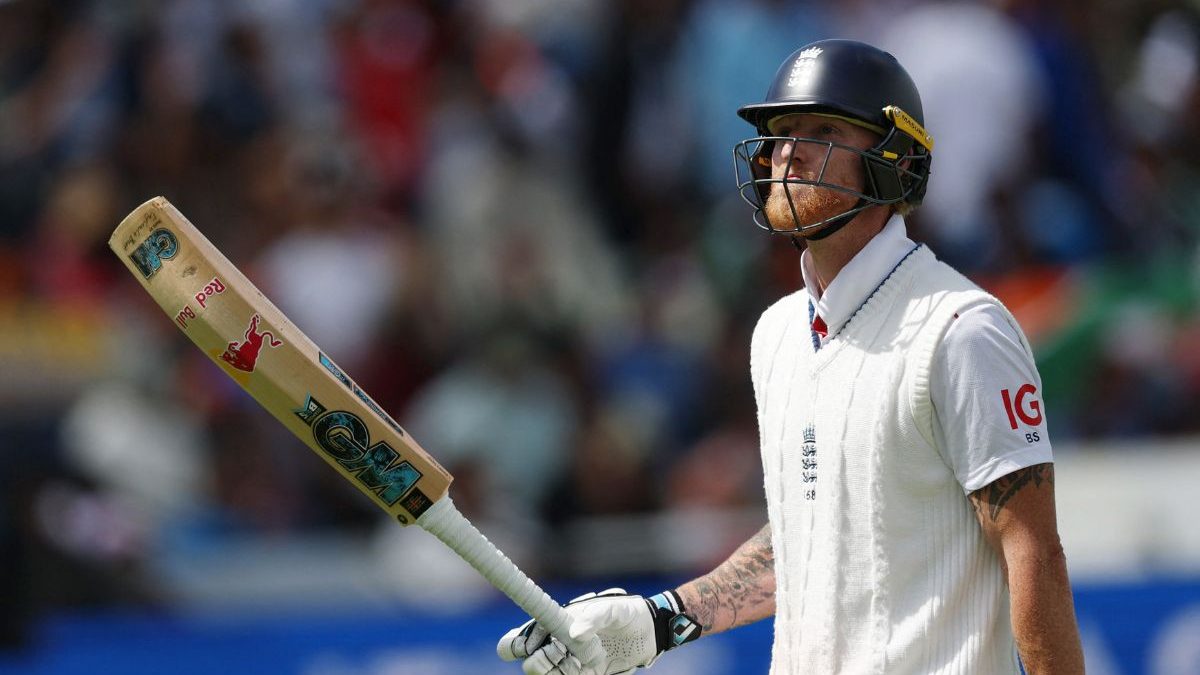

The resounding 336-run defeat at Edgbaston has exposed significant vulnerabilities in the English cricket team, suggesting that even larger challenges may lie ahead in the remainder of the series against India. This loss, India's first-ever Test victory at Edgbaston after 58 years of attempts, wasn't just a defeat; it was a comprehensive dismantling that revealed potential cracks in England's batting, bowling, and overall strategy.
One of the most glaring issues highlighted by the Edgbaston Test is the inconsistency and fragility of England's top-order batting. In both innings, the English batsmen struggled against the Indian bowling attack, particularly against the new ball. Several batsmen fell for ducks in the first innings. While Harry Brook and Jamie Smith offered resistance with a substantial partnership, the top order's repeated failures put immense pressure on the middle and lower order, ultimately leading to collapses.
England's bowling attack also appeared to lack the penetration and consistency required to contain the Indian batting lineup. Despite some promising spells, the bowlers struggled to maintain pressure and take wickets consistently. India amassed a massive 587 in the first innings, highlighting the English bowlers' struggles to contain the visitors. The short-ball tactics employed by England's bowlers proved ineffective. The inability to dismiss India cheaply proved costly, allowing the visitors to build a formidable lead.
Adding to England's woes, captain Ben Stokes' form slump with the bat is becoming a growing concern. Stokes was dismissed for his first golden duck in Test cricket in the first innings. This has heightened concerns about his two-year form slump with the bat. Moreover, Stokes' decision to bowl first on a flat pitch backfired, allowing India to set a formidable target. Stokes' post-match comments about the pitch being too similar to subcontinental surfaces were met with criticism, given his previous requests for batter-friendly pitches.
In contrast, India displayed superior skill and execution throughout the Edgbaston Test. Shubman Gill led from the front with record-breaking batting performances, scoring 269 and 161. The Indian bowlers, particularly Mohammed Siraj and Akash Deep, exploited the conditions effectively, with Akash Deep taking a ten-wicket match haul. India's ability to take 20 wickets and their effective use of the new ball were key factors in their victory.
Looking ahead, England faces a race against time to address these issues before the third Test at Lord's. The inclusion of Gus Atkinson in the squad is a step towards bolstering the bowling attack. The potential return of Jofra Archer is also being closely monitored. England may consider resting Brydon Carse or Josh Tongue, who have endured heavy workloads. Former England captain Michael Vaughan has expressed concerns about England's performance and called for a change in approach. Stuart Broad has also issued a stern warning for England, highlighting the challenge of facing a dangerous Indian bowling unit.
The Edgbaston Test served as a wake-up call for England, exposing vulnerabilities that need to be addressed swiftly. With the series level at 1-1, the pressure is on England to regroup and find solutions to counter the Indian challenge. If they fail to do so, they could be staring at even bigger problems ahead.